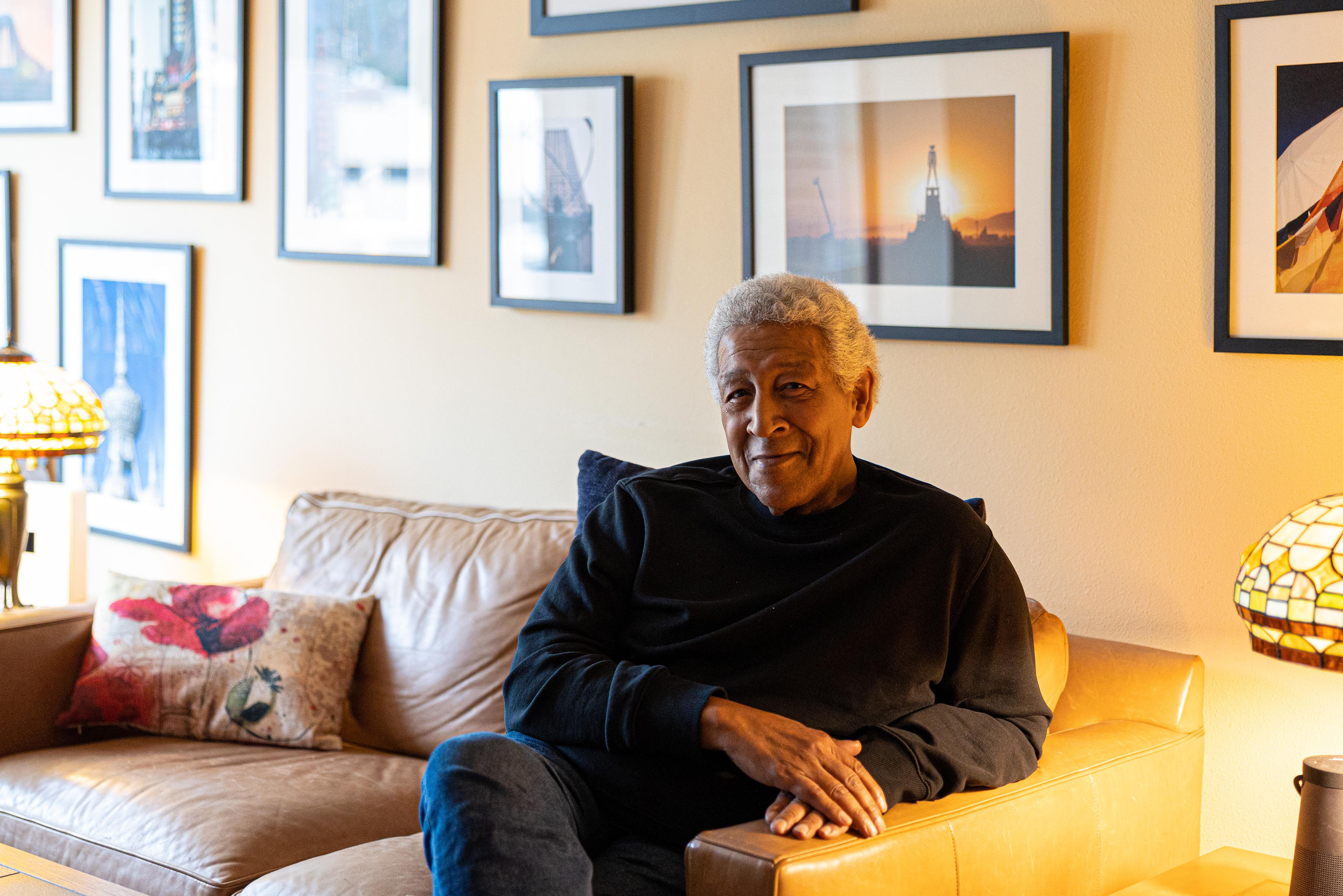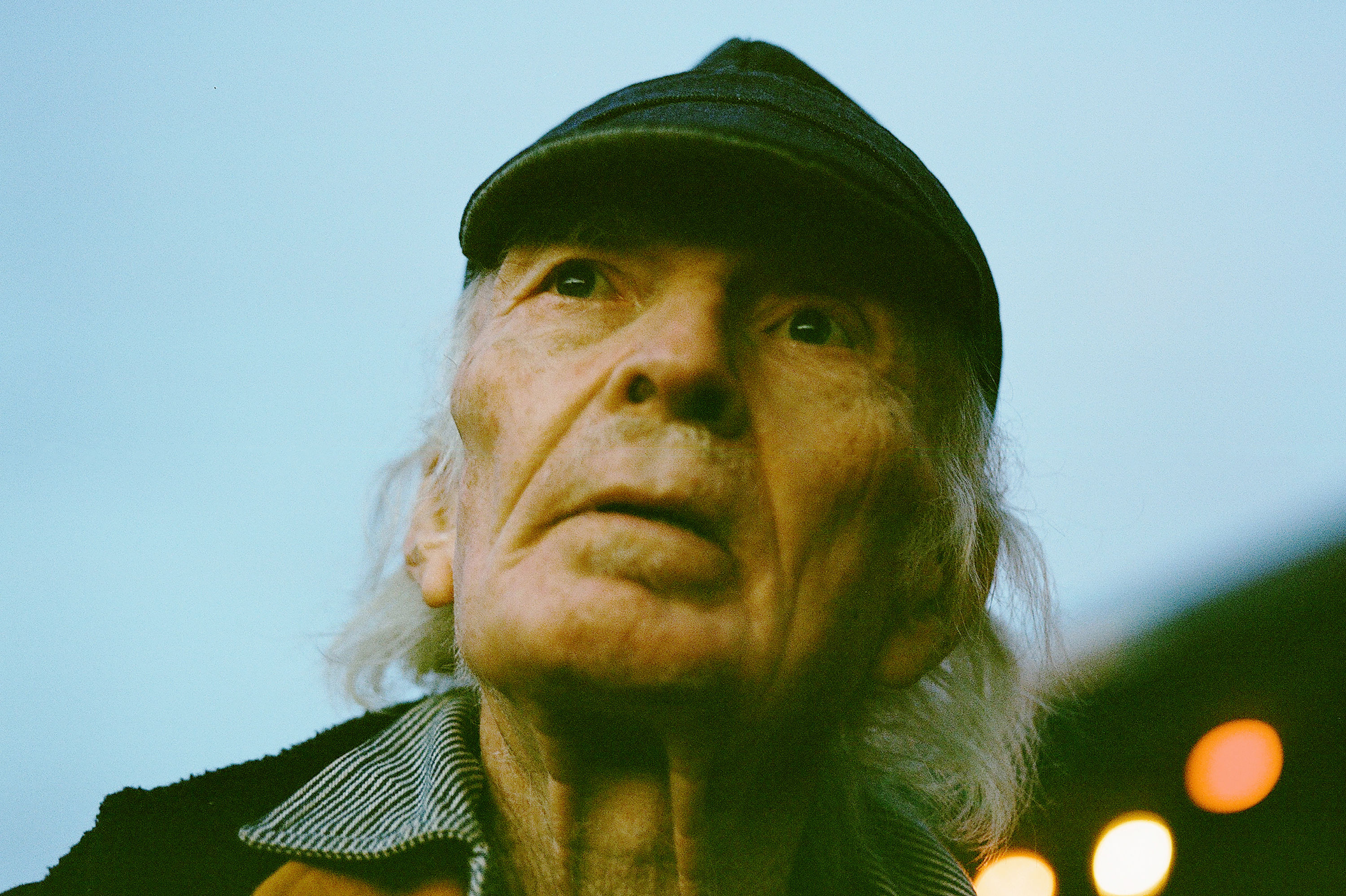Portland Singer-Songwriter Vikesh Kapoor's Journey from Punk to Folk

"As I was growing up as a teenager, I was listening to punk rock—a way of creating excitement for a boring existence."
Image: William Anthony
He looks—and often sounds—vaguely like a 21st-century, Indian-American Bob Dylan. But when Portland-based singer-songwriter Vikesh Kapoor composed his 2013 album, The Ballad of Willy Robbins, he embraced a broader tradition of storytelling folk, with touchstones ranging from Pete Seeger to John Cougar Mellencamp. The message resonated: Rough Trade proclaimed Robbins one of its albums of the year, and the New Yorker compared Kapoor to Woody Guthrie. But as this son of immigrants (and rural Pennsylvania) relates his journey from punk to folk, he channels no one but himself.
I grew up in Sunset Pines, a really small town. As I was growing up as a teenager, I was listening to punk rock—a way of creating excitement for a boring existence. I helped start a nonprofit that put on shows in the basement of the YMCA, or we’d play at parties. We needed to entertain ourselves. I guess it planted the seeds for music that said something.
I stumbled across a Johnny Cash LP at a church rummage sale and bought it for 25 cents. I didn’t know much old American music. Growing up with immigrant parents, that’s not what’s being played in the house. I didn’t hear Dylan until I was 21. It sounded very mysterious to me—listening to Cash sing a story about the Big River.
Something about folk music had an old-soul quality to it that resonated with me. At first, it wasn’t even about it saying something, in particular. But the acoustic guitar suited me more than the rock I’d been playing. I haphazardly taught myself how to fingerpick. I wrote a few songs, and how it felt and the reaction I got from people was above and beyond anything my punk band was able to do.
I was never really interested in practicing. I was bad at lessons. I always just wanted to write songs and make up stuff.
My parents are quite old, so I didn’t directly see their struggles, but I know what they went through. My father wasn’t that badly off compared to some, yet he didn’t have shoes for a while. If anything, their experience inspired me to do something meaningful.
At one point, while I was at college in Boston, I wanted to take some time off school, and I had that naive idea—you know, I’m going to do something with my hands. I got a job as a mason off Craigslist. I had read that back in the day folk singers would look for story ideas in newspapers. On my lunch break, I’d look through the Globe or the New York Times, and one day I found this article about a construction worker who was badly injured in a scaffolding accident—about his downfall, basically. That became the basis for the Willy Robbins songs.
I could have written an album that was my 10 best songs or a bunch of love songs, but I wanted to do something that was a little more challenging, and different. It gets to be a bore to write songs about yourself. Dylan or Johnny Cash, there’s something universal and powerful that they do. It feels like it’s universal but still personal, that it can touch a lot of people but it’s still emotive.
I moved to Portland to finish this album. The tools felt right. I had only lived in Pennsylvania and Boston, and here I can have a little bit of Pennsylvania’s naturalistic environment. There was a certain energy about the music scene that I wanted to be around, and a lot of support for acoustic music. I was also interested in displacing myself completely.
I’m happy that some national press has shown an interest, because I’m interested in hitting on universal things. The people who are cool to me have lasted. They weren’t concerned with the flavor of the day. I’m interested in doing this for a long time.




